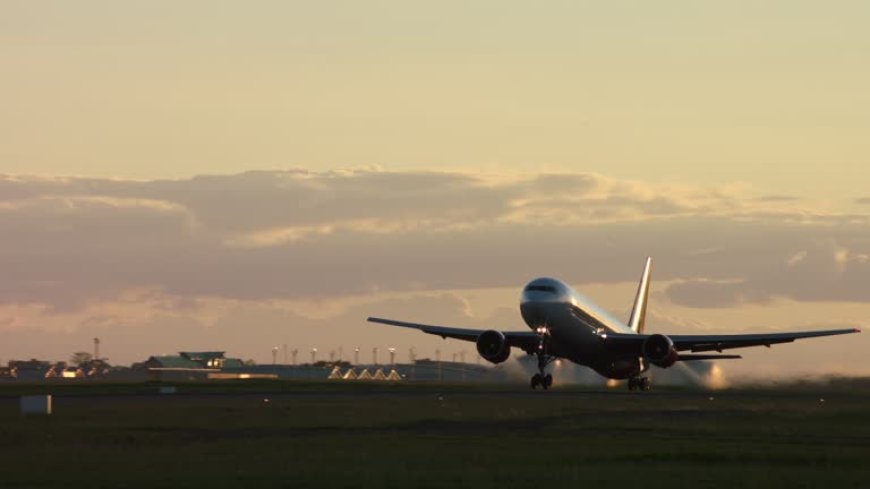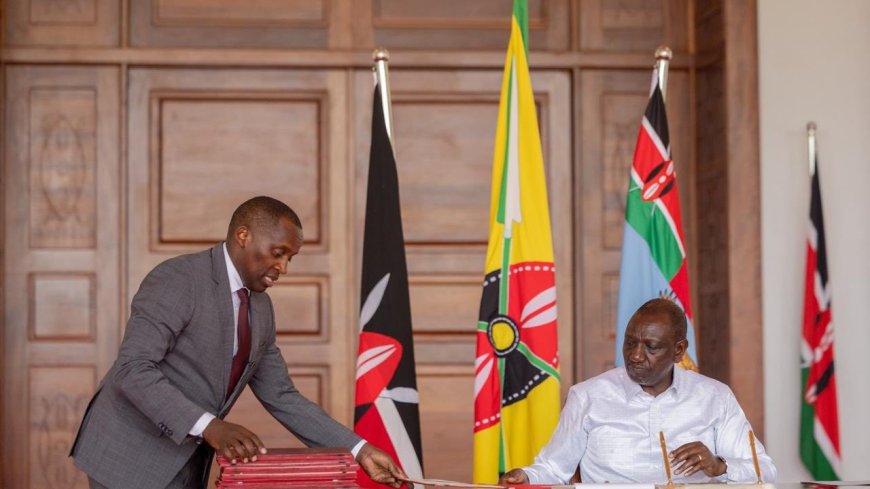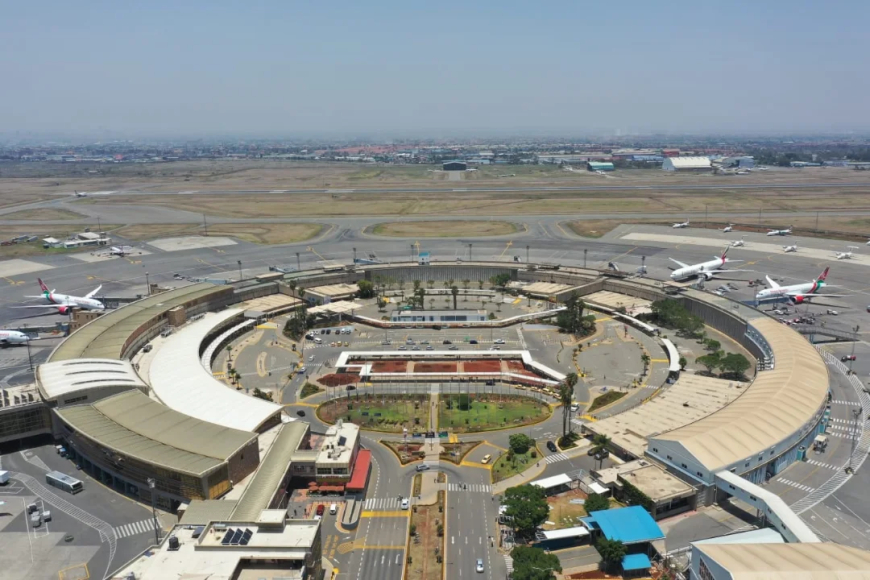Kenya Govt Increases Cost Of Flights For First Time in 13 Years
The government led by President William Ruto argued that the move is part of a broader plan to strengthen funding for aviation infrastructure, tourism development, and climate services.

Kenyans are set to dig deeper into their pockets for air travel following President William Ruto’s assenting to law of the Air Passenger Service Charge (Amendment) Bill, 2025, which officially raises levies on both domestic and international flights.
The government led by President William Ruto argued that the move is part of a broader plan to strengthen funding for aviation infrastructure, tourism development, and climate services.
Under the new law, passengers flying within Kenya will now pay Ksh600, up from the current Ksh500, while those flying abroad will pay Ksh6,500, up from Ksh5,000.
This represents a 20 percent increase for local routes and a 25 percent jump for international flights — the first adjustment to the air passenger service charge in more than 13 years.

President William Ruto with National Assembly Clerk Samuel Njoroge, during the signing of eight bills into law at State House, Nairobi, October 15, 2025. /PCS
The amendment also empowers the Cabinet Secretary for Transport to periodically review and adjust the charges through gazette notices, allowing future revisions without requiring new legislation each time. This provision is meant to give the government flexibility to respond to economic shifts, fuel price changes, and evolving aviation needs.
Revenue collected from the revised charges will be distributed among four key state agencies — the Kenya Airports Authority (KAA), Kenya Civil Aviation Authority (KCAA), Kenya Meteorological Service Authority (KMSA), and the Tourism Fund.
The KAA will channel funds into upgrading and maintaining airports across the country, while the KCAA will strengthen oversight and enforcement of air safety regulations.
The inclusion of the Kenya Meteorological Service Authority marks a notable shift, as it highlights the growing emphasis on integrating climate and weather data into aviation operations. This is expected to enhance flight safety, disaster preparedness, and resilience against extreme weather events.
Meanwhile, the Tourism Fund will merge with the Tourism Promotion Fund to eliminate duplication and improve the coordination of tourism-related financing. Officials say the merger will help create a more streamlined and efficient model for supporting tourism projects and marketing Kenya as a global travel destination.
Despite the government’s defense of the move, the timing of the President’s assent has drawn public criticism. Many Kenyans questioned the decision to sign the Bill shortly after the death of former Prime Minister Raila Odinga, a moment the nation viewed as one of mourning and reflection.
President Ruto, however, defended his decision, insisting that his administration acted “within the law and in full transparency.” He emphasized that the adjustments were part of a long-term plan to ensure financial stability and sustainability across critical sectors.
"I signed it on Wednesday because that was my constitutional duty for the day — to assent to a bill that had already gone through all the required stages and had been forwarded to me by the Speaker. Unfortunately, our elder (Raila) had already left us, but by then I was already in office,” Ruto explained while speaking on Thursday, October 23, during the memorial service of Mzee Weston Kirocho in Thome village, Laikipia County.
Lawmakers who backed the Bill maintain that the levy increment was necessary, citing years of underfunding in the aviation industry.
They argue that the higher charges will provide consistent funding for air safety improvements, airport modernization, and tourism promotion — key pillars for boosting Kenya’s competitiveness in the global travel and transport market.
What Is The Air Passenger Service Charge Act?
The Air Passenger Service Charge Act is a law that governs the collection and distribution of a levy imposed on passengers departing from airports in Kenya. This charge applies to both domestic and international travellers and is included in the cost of airline tickets.
Its main purpose is to generate revenue for the maintenance, development, and improvement of aviation infrastructure, as well as to support related services in the transport and tourism sectors.
Under the Act, the funds collected are channelled to specific government agencies tasked with managing and regulating Kenya’s aviation industry.







